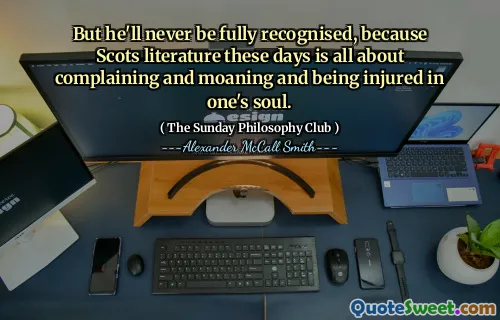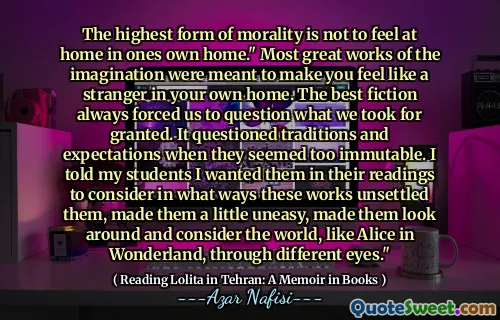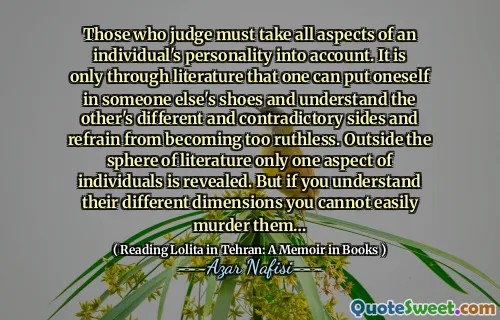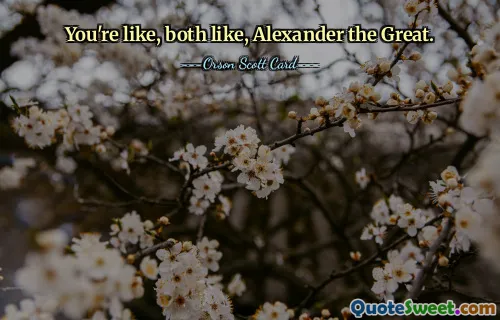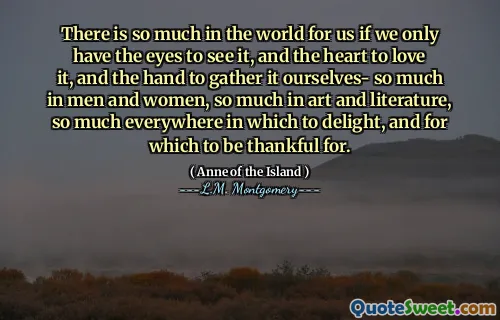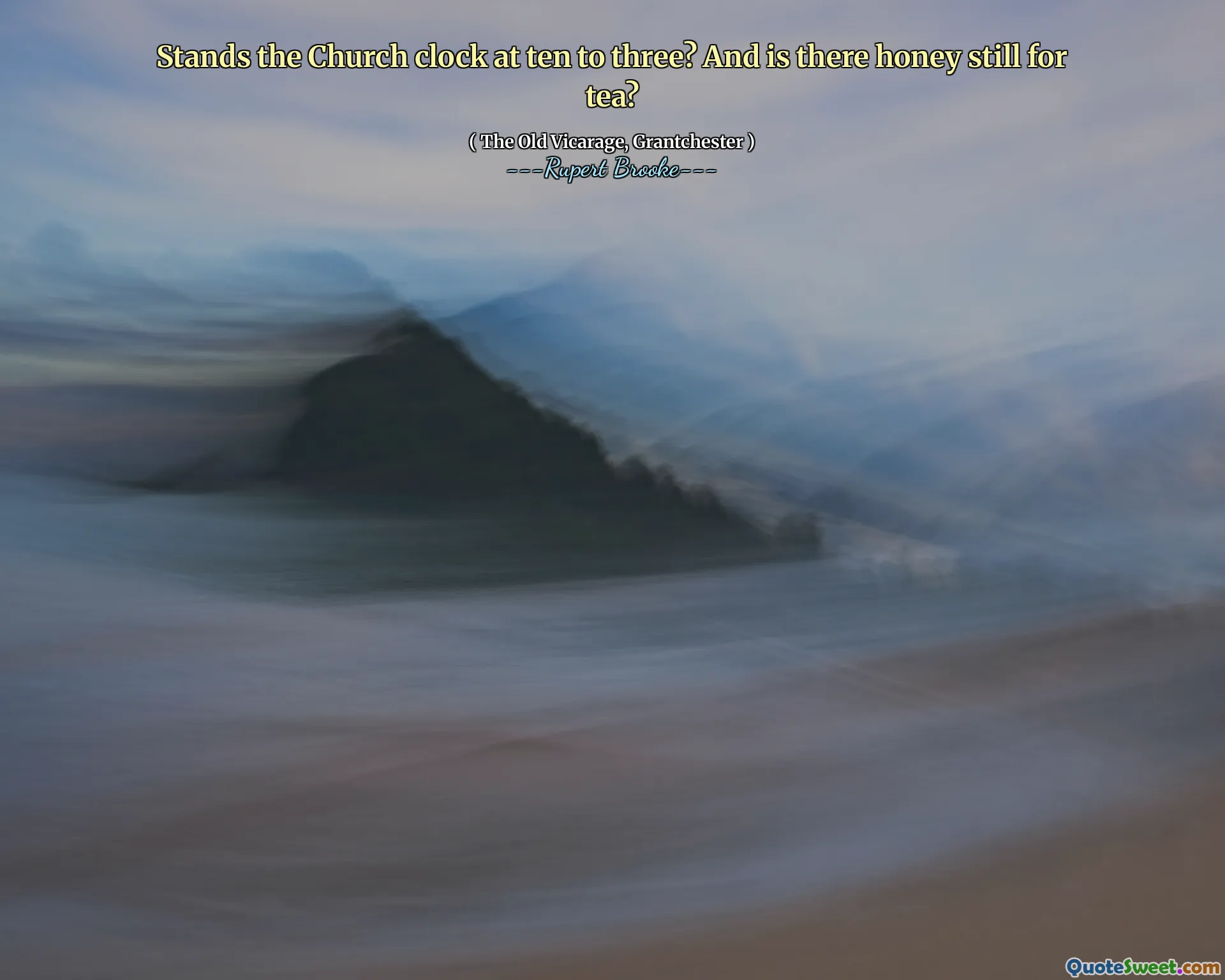
Stands the Church clock at ten to three? And is there honey still for tea?
This quote from '(The Old Vicarage, Grantchester)' by Rupert Brooke evokes a nostalgic scene, blending the quaint and familiar from a pastoral or village setting. The imagery of the Church clock striking ten to three invokes a specific moment in time, possibly referencing the calm anticipation of afternoon routines or the approaching evening. The question about whether there's still honey for tea is a charming, domestic detail that grounds the scene in everyday life, emphasizing comfort, tradition, and simple pleasures. Such a line invites reflection on the slower pace of rural or small-town life, where routines and familiar customs shape the days. The mention of honey suggests a sense of hospitality and homeliness—perhaps a touch of sweetness in the daily ritual of preparing tea, reinforcing the idea that life's small pleasures are often found in these everyday details. The quote also subtly captures a moment of transition, both in time and in the seasonal or life cycle, reminding us to savor these quiet moments before they pass. Brooke's language and imagery evoke a gentle nostalgia, encouraging one to appreciate the stability and serenity of rural life, where each detail—from the local church clock to the simple inclusion of honey—speaks to a rhythmic harmony that defines community and livelihood. Overall, the quote beautifully framing time and tradition highlights the enduring significance of familiar routines and the comfort they bring amidst the broader currents of change and progress.

